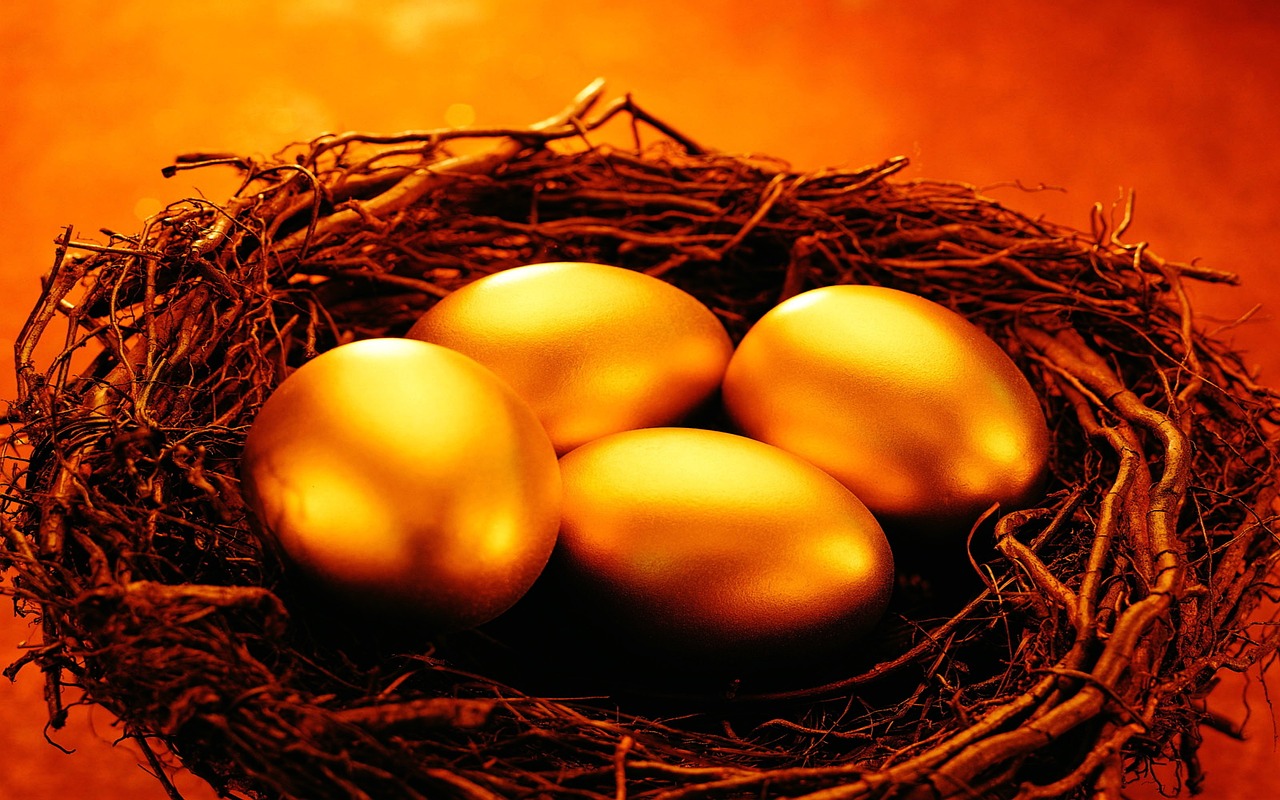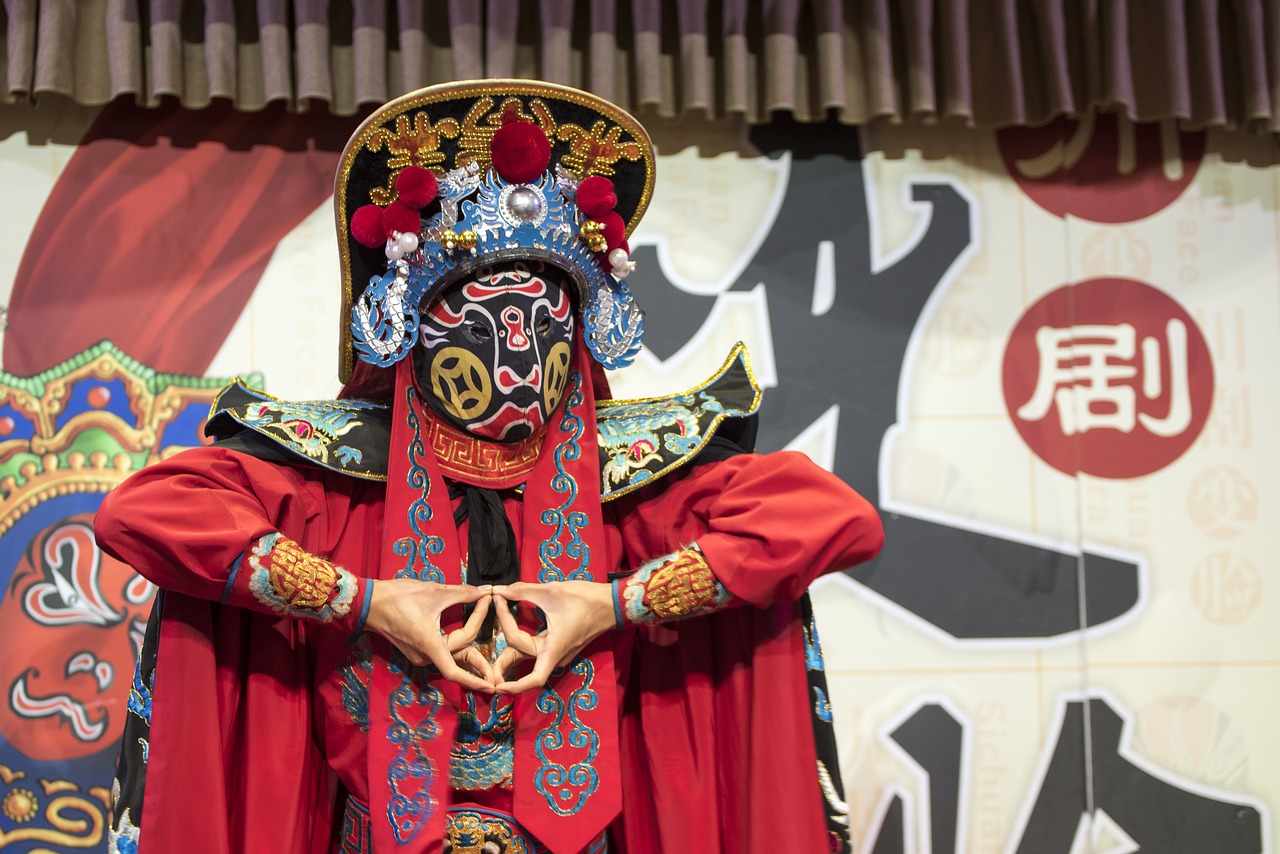Author: Erlang Shen
-
Caishen: The Revered God of Wealth in Chinese Culture Caishen, or 财神 in Simplified Chinese, stands as a prominent deity in Chinese folklore, symbolizing the God of Wealth. His name translates phonetically to Cáishén in Pinyin, which directly means “God of Wealth” in English. This term stems from the characters “cái” (財), denoting “money” or…
-
The Rich Tradition of Caishen: China’s Ancient Wealth Deity Caishen, the God of Wealth in Chinese Taoism, plays a crucial role in overseeing prosperity on a global scale. Among the rich tapestry of Chinese folk customs, New Year’s Eve during the Spring Festival is particularly notable for the traditions surrounding the arrival of this deity.…
-
Celebrating Wealth and Love: A Unique Fusion on Valentine’s Day This year, a remarkable coincidence fell on the fifth day of the lunar calendar, a day traditionally dedicated to honoring the God of Wealth, aligning perfectly with Valentine’s Day. This dual celebration spurred a wave of innovative festivities among the youth in China, weaving together…
-
Caishen, the God of Wealth, embodies a significant aspect of Chinese culture and mythology. Known in Simplified Chinese as 财神, his Pinyin name Cáishén literally means “God of Wealth.” The character cái (財) signifies “wealth” or “money,” while shén (神) translates to “god,” reflecting the core essence of his identity. In Chinese folklore and Taoism,…
-
Understanding the Chinese Deity of Prosperity In the joyous occasion of Spring Festival, it’s common for people in China to greet one another with the heartfelt saying, “May you become rich!” (恭喜发财 gōngxǐ fācái). While this expression is often mistakenly viewed by Westerners as a simple New Year greeting, it is, in fact, a hopeful…
-
Traditional Chinese Medicine (TCM) is a holistic system of health care with roots tracing back over 2,300 years. Its primary objective is to sustain or restore health by achieving a harmony between yin and yang—two fundamental forces that characterize both the human body and the cosmos. Among the myriad healing practices that TCM encompasses, acupuncture…
-
Shennong, often referred to as the “God farmer” or the “God peasant”, holds a significant place in Chinese spiritual culture. He is regarded as a mythical sage, revered for his healing abilities and ruling over prehistoric China. Shennong is sometimes called the Wugushen, meaning “five grains,” or Wuguxiandi, which translates to “the first deity of…
-
The Tempestuous Tale of Gong Gong and the Divine Nüwa In the realm of Chinese mythology, Gong Gong is depicted as a fierce and discontented water spirit endowed with formidable power. Typically represented as an enraged black dragon or a turbulent water monster, Gong Gong often struggled against the strict hierarchical structures that governed the…
-
The Fascinating Narrative of Gonggong in Chinese Mythology Gonggong’s story as a powerful water deity represents a significant aspect of Chinese folklore. Illustrated often as a terrifying dragon or aquatic creature, his insurrection against celestial authority brought about dire repercussions in the world. A monumental battle with Zhurong, the fire god, fractured the sky, resulting…
-
The Tale of Gong Gong and the Serpent Goddess Nüwa In the realm of Chinese mythology, Gong Gong stands out as a volatile and discontented water spirit known for his immense power. Often depicted as a fierce black dragon or a turbulent water creature, Gong Gong embodies chaos. In a previous discussion about the Black…




